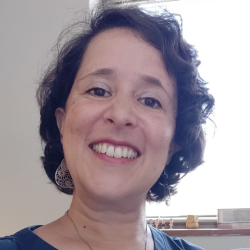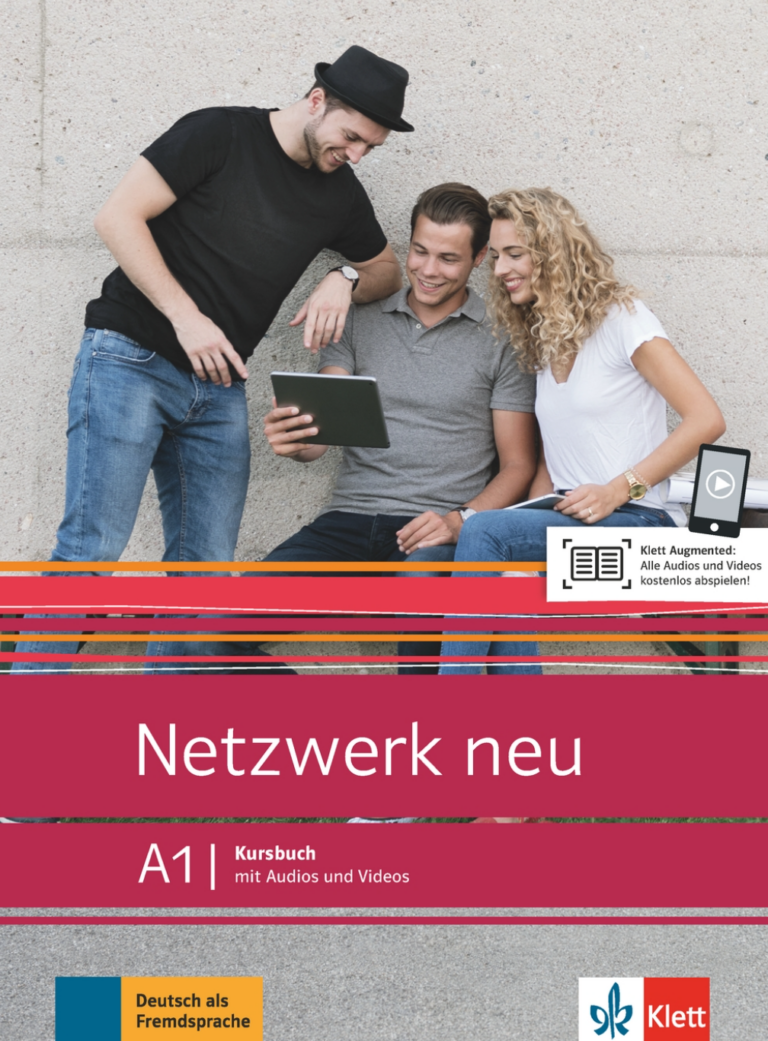Introduction
This case study explores the successful integration of NETZWERK NEU into Rice University’s German language program. It showcases Professor Baig’s satisfaction with NETZWERK NEU, highlighting its relevance to diversity, equity, and inclusion and its effectiveness in promoting immersive language learning experiences.

Fatima Baig, Ph.D., is a German Lecturer at Rice University. Being German herself, Baig is very familiar with Klett World Languages. She’s worked with Klett resources since beginning at Rice seven years ago. Fatima also regularly participates in conferences and professional development events for world language educators across the nation. Her main goal is to instill students’ love of language learning with cross-cultural appreciation and understanding.
She has been using KWL materials for 7 years.

Rice University is a prestigious private research university located in Houston, Texas, with enrollment of over 8,500 across undergraduate and graduate level programs. The university fosters an integral sense of community on-campus and with the greater Houston area. Within the university, the Center for Languages and Intercultural Communication at the School of Humanities offers ten languages, with a curriculum focused on the development of interactional competence.
The Challenge
At Rice University, there is no mandatory language requirement for undergraduate students. Among the 10 languages offered by the university, German is selected by fewer students compared to Spanish and Asian languages. However, the world language instructors at Rice University’s Center for Languages and Intercultural Communication are passionate about their work and want the best curriculum for their students.
The Center for Languages and Intercultural Communication seeks to:
- provide an educational experience that promotes multilingualism
- helps students become culturally competent
- interact successfully, appropriately, and respectfully with people of different backgrounds.
With no mandatory language requirement, the students who choose German courses do so out of pure interest. Because of this, students need to see themselves in the texts to make relevant connections between the material and their own identities and daily lives. They also need materials that motivate them to attend and actively participate in the limited class time they have.

“We are at an institution where languages are not a requirement…We like to focus on an immersion experience because [our German students] come to us out of pure interest."
Fatima Baig
The Solution
Fatima Baig and her colleague are passionate about the use of NETZWERK NEU‘s monolingual textbook because it provides an immersive, meaningful language learning experience within the classroom. With the support of NETZWERK NEU Fatima and her fellow instructors can also focus on contributing to their students’ sustainable language acquisition via the text’s modern contents, meaningful activities, and interconnected vocabulary and grammar.
Traditional textbooks often pose a barrier to keeping students engaged inside and outside of the classroom, whereas the updated images, high-quality videos, and learner-friendly presentations of NETZWERK NEU help make a textbook that modern college students enjoy.
Additionally, Fatima believes that there is “a great need for the incorporation of diversity, equity, and inclusion topics in the Higher Education world,” and that students need to see themselves in their texts in order to stay engaged with their language learning journeys. Through NETZWERK NEU, German students at Rice University see their realities reflected in the text, connect with the materials and develop an understanding that goes beyond the language alone.

“We love the fact that there is no English in NETZWERK NEU. Students were unsettled about that [but] the lack of English makes coming to class necessary. They need to be in class so that they can be taught, but it also has support for students at home.”
Fatima Baig
Learn more about the NETZWERK NEU textbook series by visiting the link below.
